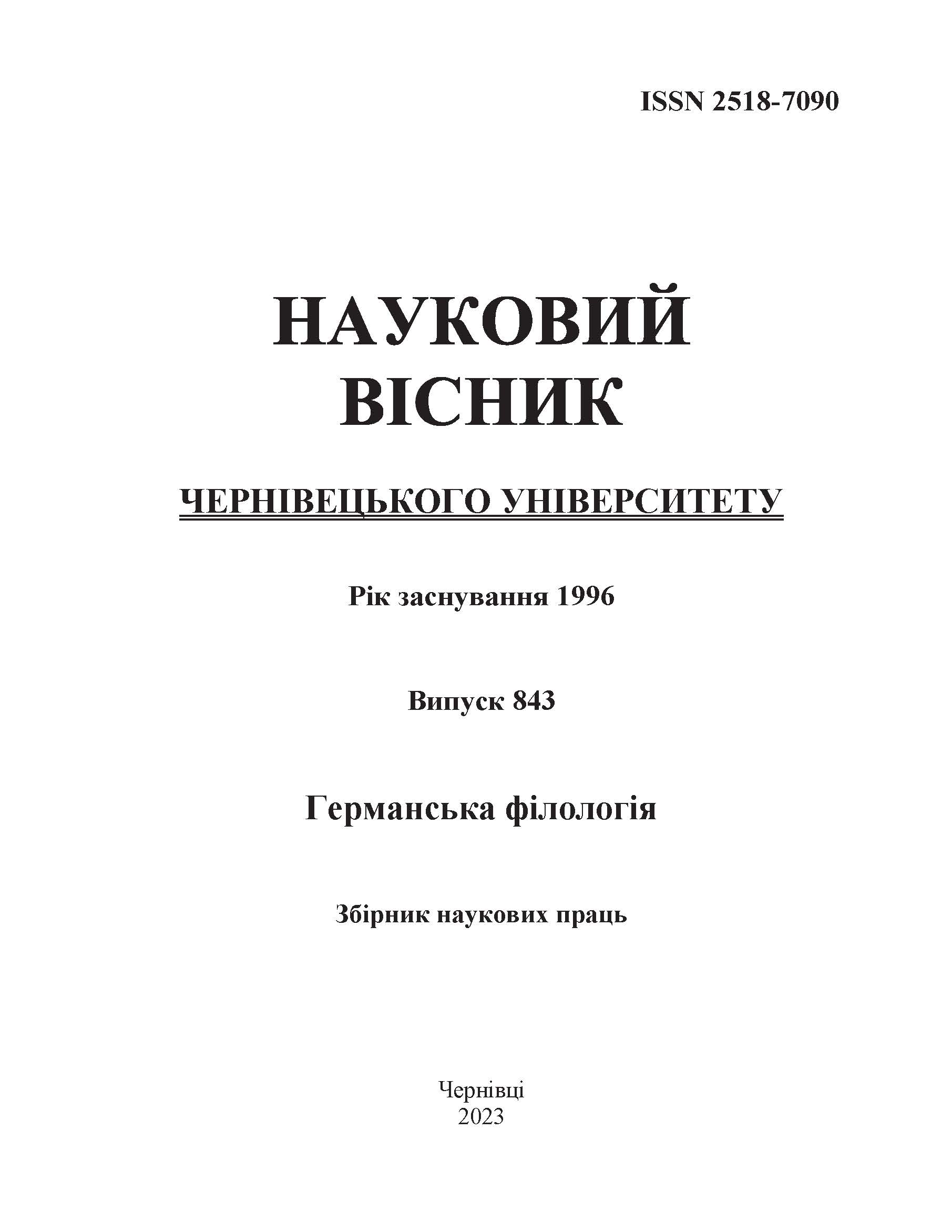PECULIARITIES OF TRANSLATING GERMAN EMPLOYMENT CONTRACTS INTO UKRAINIAN
DOI:
https://doi.org/10.31861/gph2023.843.99-109Keywords:
legal translation, written translation, labor law, labor contract, translation analysisAbstract
The article considers the theoretical concepts of an employment contract and specialized legal translation; analyzes and comments on the structural, grammatical, and lexical construction of employment contracts concluded in German and their translation into Ukrainian. The author also researched the main and optional articles that make up the labor contracts of the legal systems of both countries. Each implication lists the main formulations and constructions and provides an equivalent Ukrainian-language expression in terms of translation. The focus of the analysis was on legal terminology typical of employment contracts and grammatical verb constructions inherent in this type of text. The analysis of the factual material shows that labor contracts are dominated by long complex sentences, a significant proportion (27%) of which are accompanied by participial phrases. The most frequently used forms in the analyzed contracts are passive and infinitive, compound words and noun forms of verbs. At the end of the article, we present a visual representation of the frequency of use of grammatical structures and lexical elements of analyzed material. The study found that the most used methods in the translation of labor contracts are the descriptive method, the method of approximate translation, and adaptation. Grammatical constructions are mostly subject to direct or approximate translation, while when translating lexical items, we should consider the term’s compliance with the legal realities of the country into which this contract is translated.
The analyzed practical material has specific features of the type of text “labor contract”, which is dominated by binding sentences, declaratives, and passive constructions. When translating labor contracts from German into Ukrainian, the following features should be taken into account: dates, names and figures should be carefully and accurately reproduced in the translation; all elements and details of the contract should be translated; it is important to adhere to the unified terminology; grammatical errors in documents of this type are unacceptable. Translation of documents is one of the most difficult types of translation, as in legal translation, the translator does not translate the lexical units of the source language into the target language, but works exclusively with legal concepts of two legal systems.





